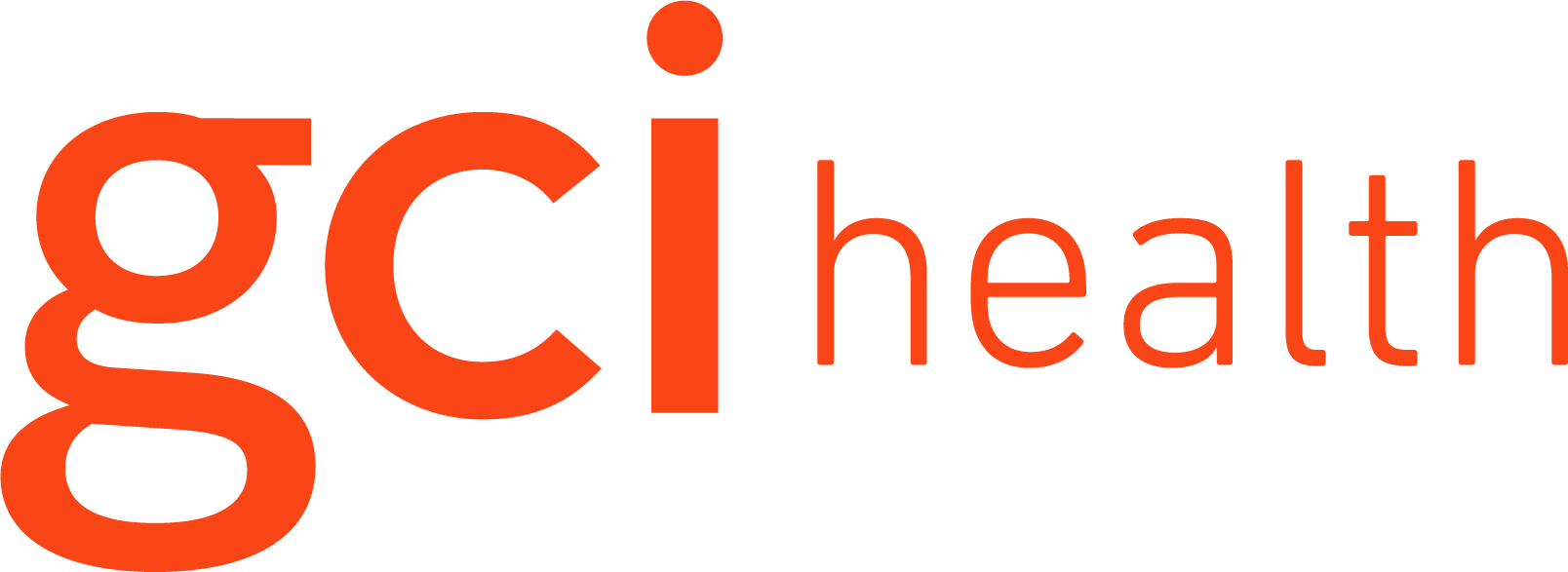When someone is diagnosed with a health condition, their entire support system feels the impact. As patients begin navigating their “new normal,” family members and friends may find themselves facing challenges as they take on the role of caregiver. We are continually reminded of how one illness can touch many lives in many ways.
This topic is near and dear to me, having been a caregiver for a very close family member who went through a cancer diagnosis. It’s a grueling and lonely experience, and I’m happy to say we are now cancer-free. In addition, along with most of my friends, my aging parents decided to stay in their home long-term, raising issues of constant concern and stress over their health.
Considering these experiences, I was excited about GCI Health’s new partnership with The Mighty, an innovative health platform with an engaged community of patients, caregivers and healthcare professionals. Together, we analyzed findings from their community survey of over 2,000 users to better understand how the needs of patients and their caregivers seeking health information are changing and, correspondingly, how communications strategies must change to meet these needs.
Of the approximately one million caregivers who use The Mighty, an astounding 85% do double duty as patient and caregiver. As a healthy caregiver, I can’t even imagine how hard this must be. It takes a toll on the well-being of these caregivers – about one in three care for more than one patient concurrently, and the time they spend trying to decompress from their “job” as caregiver doesn’t fall under leisure, but rather recovery and self-preservation. It’s physically demanding and emotionally draining. The survey revealed that while caregivers spend 35% of their waking day giving care, they spend about 67% thinking about it! It’s a huge burden mentally, emotionally, physically and financially.
Beyond acute illness, many chronic conditions also have a genetic component, such as diabetes, rheumatoid arthritis and cancer. These diseases, and others, can affect the entire family, which can be stressful for the caregiver. In addition, caregivers living with a chronic condition often shoulder a greater load than patients. They usually must “power through” and help family members who may be living with the same condition but with greater disability. While noble, sacrificing self-care for the care of others isn’t sustainable over the long term and is a recipe for disaster.
Recognizing the need for healthcare organizations to better understand the mindset of the patients they serve and put patient centricity into practice, GCI Health recently launched a new methodology – People Centricity™. This people-centric roadmap, powered by our experience and The Mighty’s insights into patient needs, focuses on caregiver strategies as more people do double duty as patients and caregivers and recognizes the role the entire family plays in health decisions and care, particularly in multicultural communities. Many times, black and Latino families play a more significant role in caring for family members than in Caucasian families. Additionally, as diseases like cancer, mental illness, heart disease and Alzheimer’s continue to require greater support, these family caregivers need more help than ever.
While illness presents untold challenges and hardships, it’s inspiring to see people rise to the occasion. Whether it’s caring for a loved one, living with a health condition (or both!) or working to treat it, their determination and perseverance make a world of difference. We should never forget the caregiver, and I hope healthcare companies will devote more time and attention to this critical “team member” as we move into 2020. My hope for 2020 = Year of the Caregiver!



